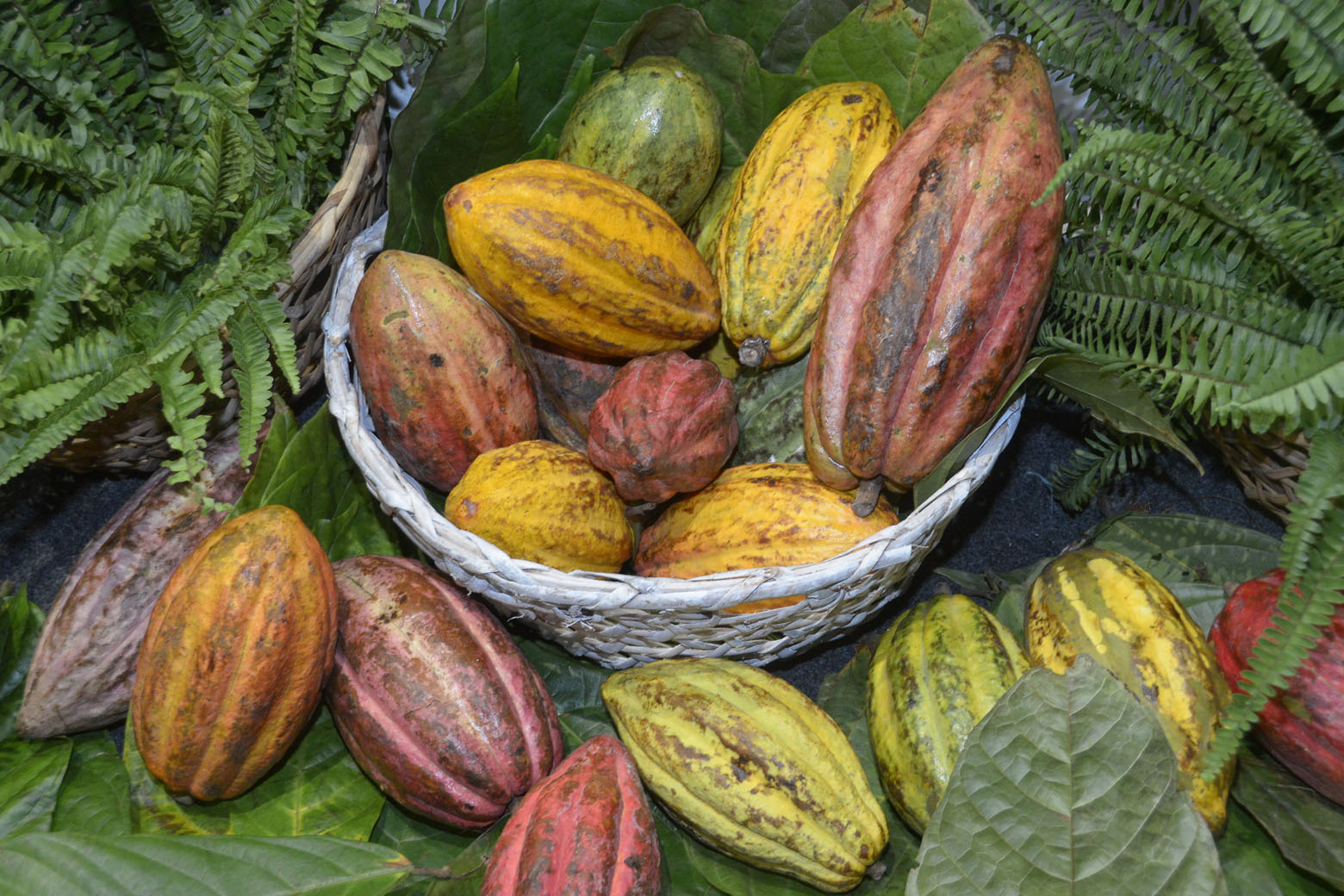PROMOTING regenerative farming is the way for growers to be resilient during the El Niño or dry season, a Davao Region Cacao Industry Development Council (DRCIDC) official said.
Wit Holganza, chairperson of Cacao City Marketing Coop and vice president of DRCIDC, said at the Habi at Kape last March 20 that regenerative farming is a way to retain moisture in the soil during the el niño season.
“Kailangan natin ang mga farmers committed to doing good agricultural practices and regenerative practices for soil health. Hindi na enough na pakainin lang ang puno, kailangan talaga alagaan ang lupa (we need the farmers to be committed to doing good agricultural practices and regenerative practices for soil health. It is not enough to feed the tree, we also need to take care of the soil),” Holganza said.
Regenerative farming, according to Holganza, includes not using herbicides to kill grass, practicing biodiversity in the farms, and using natural and organic inputs.
“Kasi hindi natin kailangan patayin ang grass. Kailangan natin ang diverse na ground cover kasi para ma-prevent ang pag evaporate [and] ma-keep ang moisture on the ground (there is no need to kill the grass. What we need is a diverse ground cover to prevent evaporation and retain moisture on the ground),” she said.
Last March 22, PAGASA announced in a briefing that the warm and dry season had begun.
On March 25, the Davao City Disaster Risk Reduction and Management Office reported that Davao City’s heat index had reached 43℃. People were warned that heat cramps and heat exhaustion are likely, and heat stroke is probable with continued exposure.
“El niño [does affect cacao farmers but] when you see that many farms practice biodiversity and use natural and organic inputs, they have soils that can keep moisture on the ground during [the] prolonged dry period,” Holganza said.

